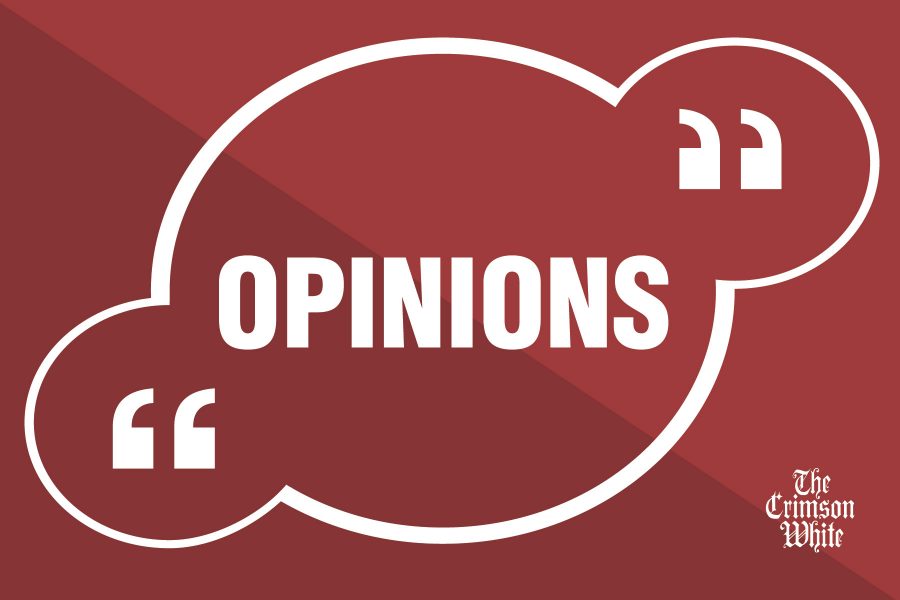As America leaves award show season behind in exchange for summer box office hits, recent national attention has been focused on Hollywood’s elite. Fabulously wealthy and famous individuals are given the ultimate privilege of a platform from which they may voice their opinions on just about anything. As a result, they become the tastemakers and innovators of our time, even if their claim to fame makes no significant impact upon our wellbeing. We turn to these people for fashion advice, diet regimens and even political stances. Celebrity in itself is all but completely subjective, yet we worship the idea of nobility. We do not acknowledge that the elite only have their influence because we give it to them.
Fame, in this day and age, must be examined under a variety of lenses to fully understand an individual’s breadth of influence. Actors, singers, dancers and the like are entertainers who have, more often than not, become household names by virtue of their own talent, not connections. We purchase tickets to their movies and watch them every week on TV. These people have the most reason to be seen as agreeable and friendly because we are, in a larger sense, their employers. Our opinions should mean more to them than their opinions mean to us. Yet, when they say something that’s even a step out of line with our own beliefs, we vow to boycott their films and discount them from our interests.
We forget that we have not elected these people to represent us. We forget that the rich and famous have no obligation to agree with us. Most often, we forget that these people are human. A role in a high-profile film cannot be equated to sainthood.
This kind of romanticism is dangerous. President Donald Trump himself rose to power because he has name recognition. At the beginning of his campaign, the very idea of his running for president seemed akin to a publicity stunt. Surely a premonition so absurd would not come to fruition simply because of celebrity status. But it did. American voters are extremely susceptible to making decisions based solely on name recognition. In fact, almost 90 percent of congressional seat elections (not counting open seats) have gone to the incumbents over the last 50 years.
Being well-known is an advantage in almost every sense. Beyoncé’s self-titled album debuted unannounced in 2013 and became the fastest-selling album in the history of the iTunes store within the first three days of launch. Over the past four years, Beyoncé’s musical style has evolved from fun pop-diva breakup anthems to highly political declarations of self. She has not gone without criticism for this shift, but her music is generally very well-received. Though they are relatively small in number, those who do disagree with her political stances seem to be the loudest. Despite those voices, Beyoncé will continue to sell albums. Making sure that every musical artist we support with our streaming time aligns with our personal values is exhausting. Trying to be the morality police for the celebrity population is almost completely ineffective. We do not all share the same set of morals and our purchasing power in the media industry as individual citizens is relatively small.
We do find ourselves at a crossroads with this train of logic. Should we ignore the major sins of Hollywood elite in favor of being able to consume and enjoy media guilt-free? As pleasant as willful ignorance sounds, we are obligated as a society to decide whether or not we will continue to support child abusers, sex offenders and the like through our purchases. Society is notoriously bad at picking its battles. While it is sensible, for example, to not spend money on tickets to Manchester by the Sea light of Casey Affleck’s recent sexual assault allegations, it is impossible to avoid every single instance of cognitive dissonance as we consume media.
By this standard, one may realize that it is possible to disagree with Beyoncé from a political standpoint and still enjoy her music.
We waste massive amounts of energy when we try to avoid internal conflict at every turn. Society does not advance if we are not given the opportunity to disagree. So, in a society that relies heavily on the opinions of others for decision-making, we must make the conscious decision to create and participate in the kind of media we want to see. We must also keep in mind that celebrities are very human and just as entitled to their own opinions and world views as we are. As a result, media consumption becomes a more pleasant experience for all, and we may devote our time and energy to what really matters: celebrating those who are changing the world with their work.
Emma Royal is a freshman majoring in aerospace engineering. Her column runs biweekly.







